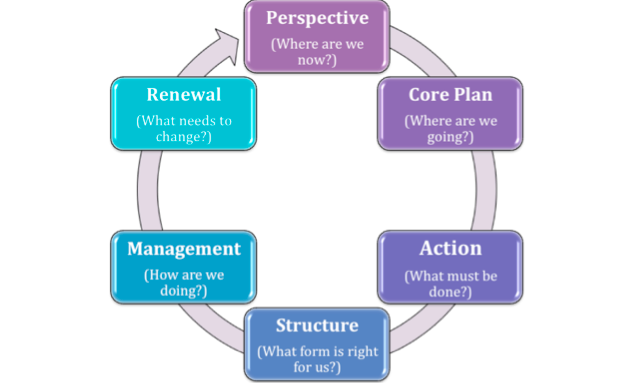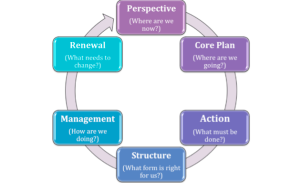The Essential Drucker
The name Peter Drucker is synonymous with management, having written numerous books on management, politics, society, and economics over his storied career. I picked up a copy of The Essential Drucker which is a compilation of 60 years’ worth of his writing. It’s neatly divided into three sections: Management, The Individual, and Society.
In the Management portion of the book he speaks to the role of entrepreneurship and innovation for the enterprise. One of the best nuggets I’ve seen play out time and time again in my own work is “In the existing business, it is the existing that is the main obstacle to entrepreneurship.” In a technology-based organization we are always striving to discover the latest and greatest, but are always constrained by the existing successful model.
In the Individual section he speaks to how an individual can become an effective executive. One of the most important things I’ve learned from this portion is to ask those who report to me ‘What are the contributions for which this organization and I, your superior, should hold you accountable? What should we expect of you? What is the best utilization of your knowledge and your ability?’ Then they write out a management letter to let me know where they see themselves contributing the most. Drucker points out that often, where the manager sees the worker contributing and where the worker sees themselves contributing are often quite different. The point of the exercise is to open up better lines of communication between managers and their workers.
In his writing on Society, he traces the transition from the farmer to the industrial worker to the knowledge worker and how each have disrupted the social fabric for a time. The rise of the knowledge worker has led to an increase in education, placing it at the center of society, a redefining of what it means to be “educated,” and an increase in competitiveness. This book is a fascinating read and I would highly encourage reading it if you don’t have the time to pick up Drucker’s numerous volumes.









